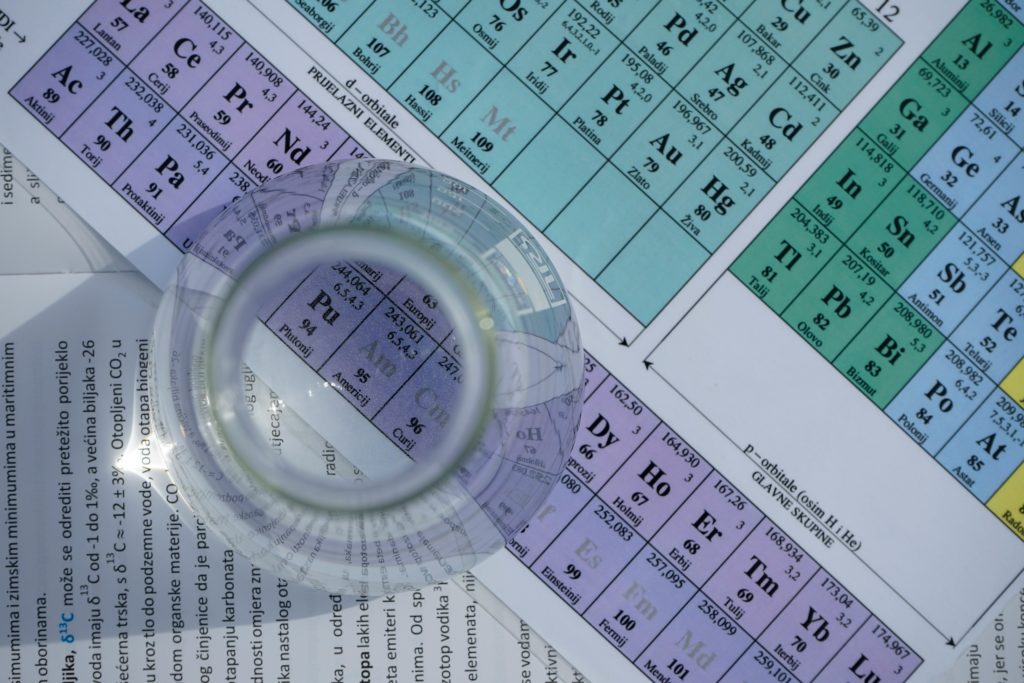Commercial Feature
What is Titanium Grade 5?

An excellent material for most structural applications, the most commonly used titanium alloy is Grade 5 Ti–6Al–4V, called Ti-6Al-4V. It constitutes about 50% of the total usage of titanium worldwide.
It is attributed to its unique combination of strength, corrosion resistance, and versatility in a wide variety of demanding applications for which there is a need.
Composition and Properties
The alpha-beta titanium alloy Ti-6Al-4V contains 6 % aluminum, 4 % vanadium, and the balance titanium. This specific composition balances mechanical properties and corrosion resistance. Key characteristics include:
Approximate density 4.43 g/cm³, very high strength-to-weight ratio.
Ranges from 895 to 930 MPa in the annealed condition up to 1,100 MPa in the heat-treated condition.
Permanent deformation: Stress of around 830 MPa.
Stiffness: around 114 GPa, corresponding to its stiffness.
Melting point: Approximately 1,660°C, suitable for high-temperature applications.
Excellent resistance in many environments, including marine and chemical.
Advantages of Titanium Grade 5
Using titanium grade 5 offers several benefits. Some merits of Titanium grade 5 are as follows:
Ti-6Al-4V offers a very high strength-to-weight ratio and is, therefore, a good material to use when the application demands a high degree of structural integrity but is still very light.
Corrosion resistance: The alloy is excellently resistant to corrosion in aggressive environments like seawater and chemical processing atmospheres, thereby extending the life of components and minimizing the maintenance cost.
Versatile in manufacturing complex components: Although it is a strong material, Ti-6Al-4V is weldable and fabricable, which makes it versatile in the manufacture of complex components.
Medical implants and prosthetics: Due to its biocompatibility, it is suitable for use in medical implants and prosthetics, thereby reducing the possibility of an adverse response.
Common Applications
Titanium’s versatility has made it usable for several purposes. Below are some possible applications of titanium grade 5.
Aerospace: Utilized in aircraft turbines, engine components, structural parts, and fasteners due to its strength and lightweight nature.
Automotive: Strength and weight are the major critical factors used in high-performance automotive parts.
Marine: Marine applications, such as parts in contact with seawater, require corrosion resistance.
Biocompatibility: Used in medical, biomedical implants like bone screws and replacement joints due to their biocompatibility and strength.
Applied to equipment such as heat exchangers and reaction vessels that require resistance to harsh chemicals.
Considerations
However, there are factors regarding titanium grade 5 to consider, highlighted below.
Strength: The strength of titanium alloys can make machining difficult and require appropriate tooling and techniques to prevent tool wear and achieve the desired precision.
Availability: Because of their rarity, titanium alloys are not always easy to obtain and may, thereby, be more costly than other metals.
In some environments, further improving corrosion resistance or increasing the wear resistance, in combination with surface treatments or coatings, may be required.
Conclusion
Titanium Grade 5 is a very versatile and high-performance alloy with unique strength, corrosion resistance, and biocompatibility properties. Its widespread use in aerospace, automotive, marine, medical, and chemical processing proves its reliability in demanding applications.
Understanding its properties and considerations allows engineers and designers to make informed decisions about its performance and longevity in their respective fields.
 Comment / Cambridge’s tourism risks commodifying students18 April 2025
Comment / Cambridge’s tourism risks commodifying students18 April 2025 News / Cambridge student numbers fall amid nationwide decline14 April 2025
News / Cambridge student numbers fall amid nationwide decline14 April 2025 News / Greenwich House occupiers miss deadline to respond to University legal action15 April 2025
News / Greenwich House occupiers miss deadline to respond to University legal action15 April 2025 Comment / The Cambridge workload prioritises quantity over quality 16 April 2025
Comment / The Cambridge workload prioritises quantity over quality 16 April 2025 Sport / Cambridge celebrate clean sweep at Boat Race 202514 April 2025
Sport / Cambridge celebrate clean sweep at Boat Race 202514 April 2025




